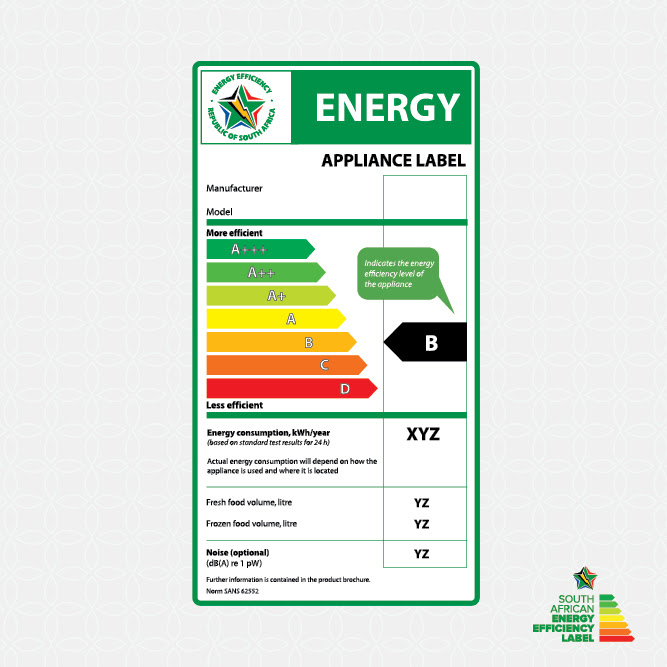Newsletter Issue 10 October 2019

Project Manager’s Message
As we begin the final quarter of 2019, this edition of S&L News focuses on the road ahead and the big strides the project must take before we enter the holiday period in December. I therefore call on all of you to participate actively in the upcoming workshops and requests for feedback, as the outcomes will have long term implications – all of which are intended to reduce unnecessary or wasteful electricity consumption, reduce greenhouse gas emissions, and bring some relief to residential electricity bills.
I would also like to take this opportunity to underline the deafening pleas from scientists, ordinary consumers and most importantly, our youth, to take immediate action on climate change – it is no longer something we can postpone until the economy improves.
We are simply not doing enough, and the consequences are there for all to see, – as we conveniently refer to natural disasters when in truth, they are man-made.
The United Nations, driven by the global youth and the fearless Greta Thunberg, hosted a summit in September to refocus country and private sector commitments, a summary of the outcomes can be found here. I implore you to read it! – it is only 2 ½ pages and sends a strong message.
The entire project team looks forward to collaborating with you in the months ahead.
Theo Covary
S&L Project Manager

Strengthening of Minimum Energy Performance Standards (MEPS); Revision of Energy Label

Time to strengthen MEPS
Technology has evolved since current MEPS were first introduced, which now means that their upward revision is not only possible but necessary. Indeed, international experience shows that MEPS should, on average, be reviewed every five years, while our MEPS were set during a stakeholder consultation process in 2011, eight years ago.
Revising the Energy Label
The strengthening of MEPS also necessitates the associated revision of the energy label – providing an excellent opportunity to incorporate innovations into the label’s redesign, like QR Codes It also allows us to apply key consumer insights in making labels more understandable and user-friendly, such as the use of infographics instead of text. Consumer and industry research commenced in September.
Updating the General Guide to Energy Efficiency Labelling
With the significant revisions of MEPS and labelling now taking place, updating the General Guide to Energy Efficient Labelling is vital – particularly since it’s a collective resource, providing an all-encompassing overview of energy efficiency label compliance in South Africa. Its updated future content truly depends on all our combined input! And we would welcome any contribution, comments, recommendations or suggestions you may have.
The current guide can be accessed here, and any input you may have can be addressed to ras@theguild.co.za

Let’s Talk: The Workshop
All Stakeholders Are Invited
The workshop on 14 November is geared at discussing the above developments in great detail with you; and provides a seminal opportunity for your questions and/or concerns to be addressed. An invitation to participate was sent out to all stakeholders in September – and includes the ability to submit questions and/or comments prior to the time so that they can be properly addressed on the day. If you have not done so already, kindly access the invitation, RSVP and submit your pre-workshop input by clicking here.
The Economic Case for the Rapid and Urgent Introduction of MEPS for Lighting
Cost-Benefit Analysis of Technology Neutral Regulations to Introduce Energy Performance Standards for General Service Lamps in South Africa
A comprehensive cost-benefit analysis (CBA) was recently completed, and a detailed report drafted, on the introduction of MEPS for general service lamps in South Africa. The CBA considered input from market studies, stakeholder consultations and sample lamp testing; in addition to economic modelling to assess the potential impact of MEPS.
It convincingly proves the vast potential advantages of such regulations; while also outlining the huge disadvantages of delays in their implementation. Simultaneously, the report contains key concerns raised by industry, as well as detailed recommendations for improvement in taking the initiative forward and realising its enormous benefits to all South Africans.
To read a detailed but concise executive summary of the report, kindly click here.
“We showed that we are united and that we, young people, are unstoppable.”
– Greta Thunberg UN Youth Climate Summit,
NYC, 21 September 2019.
